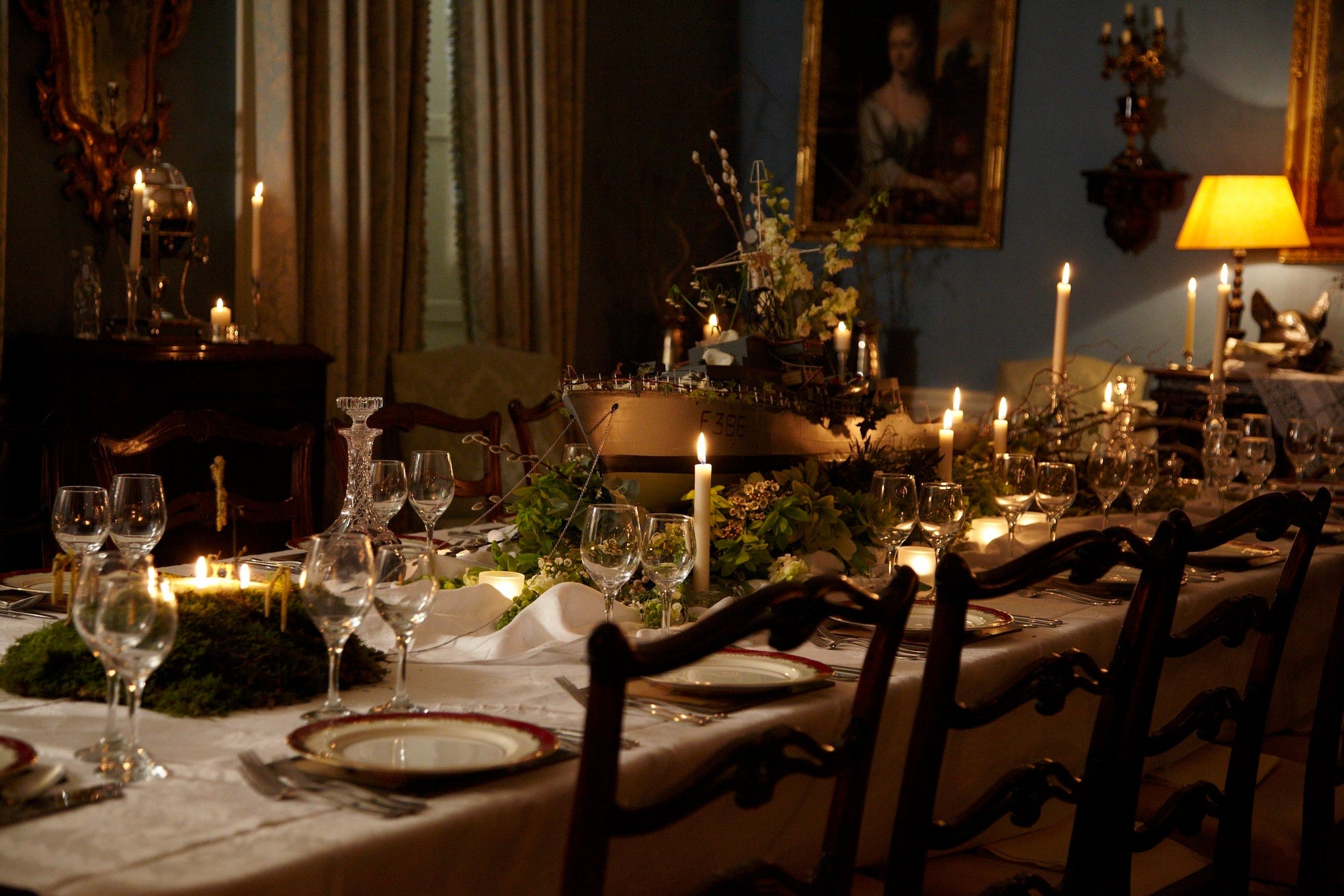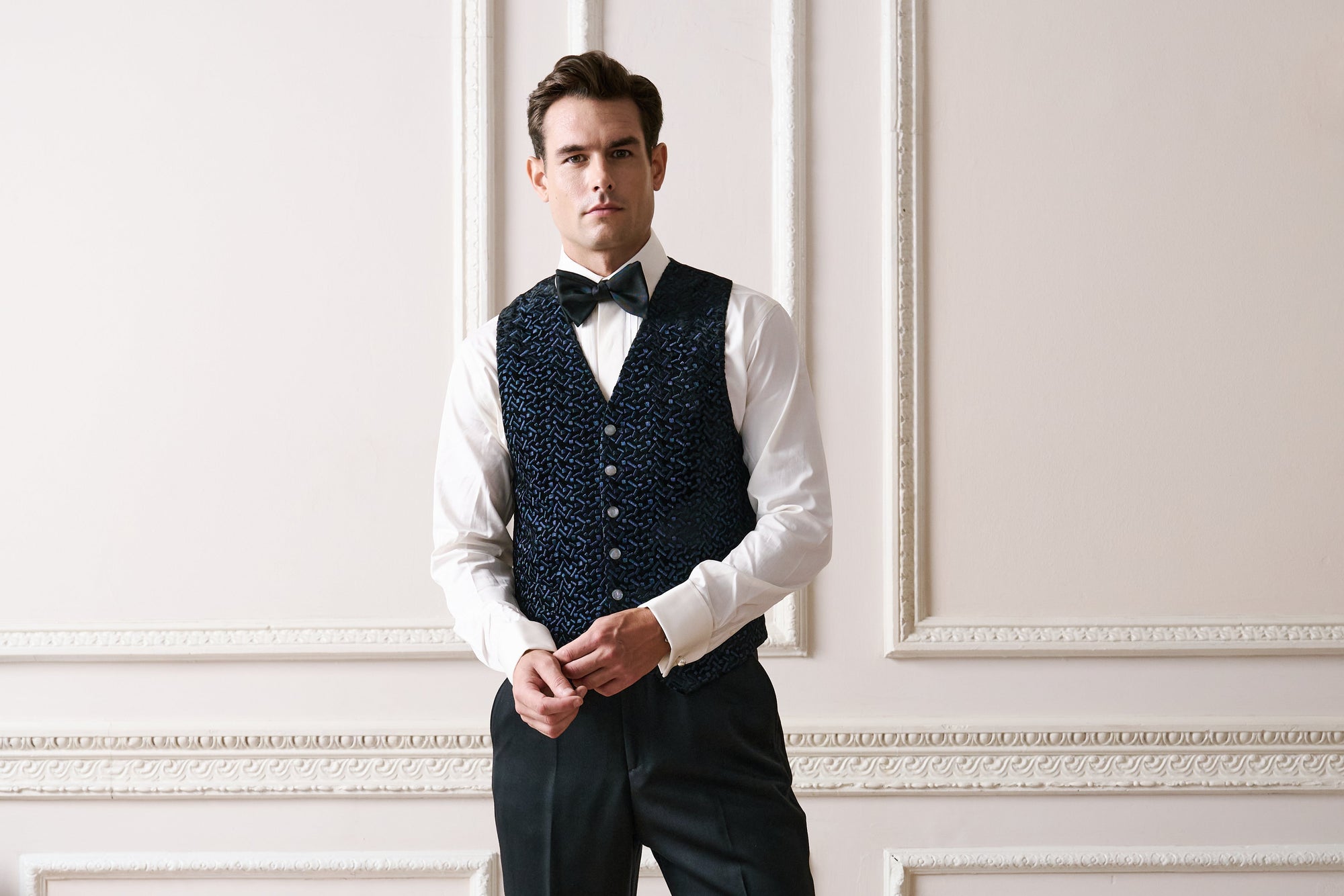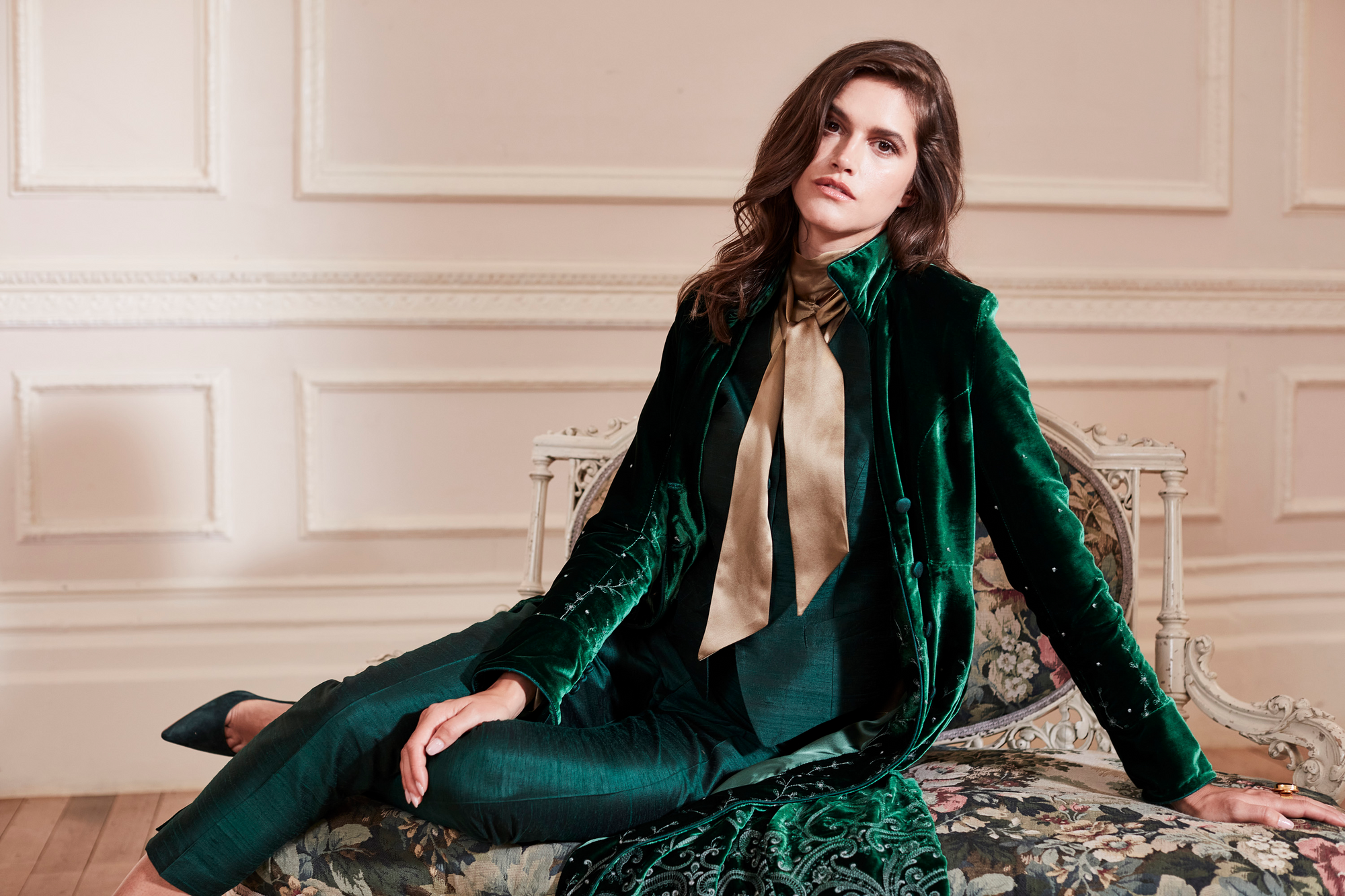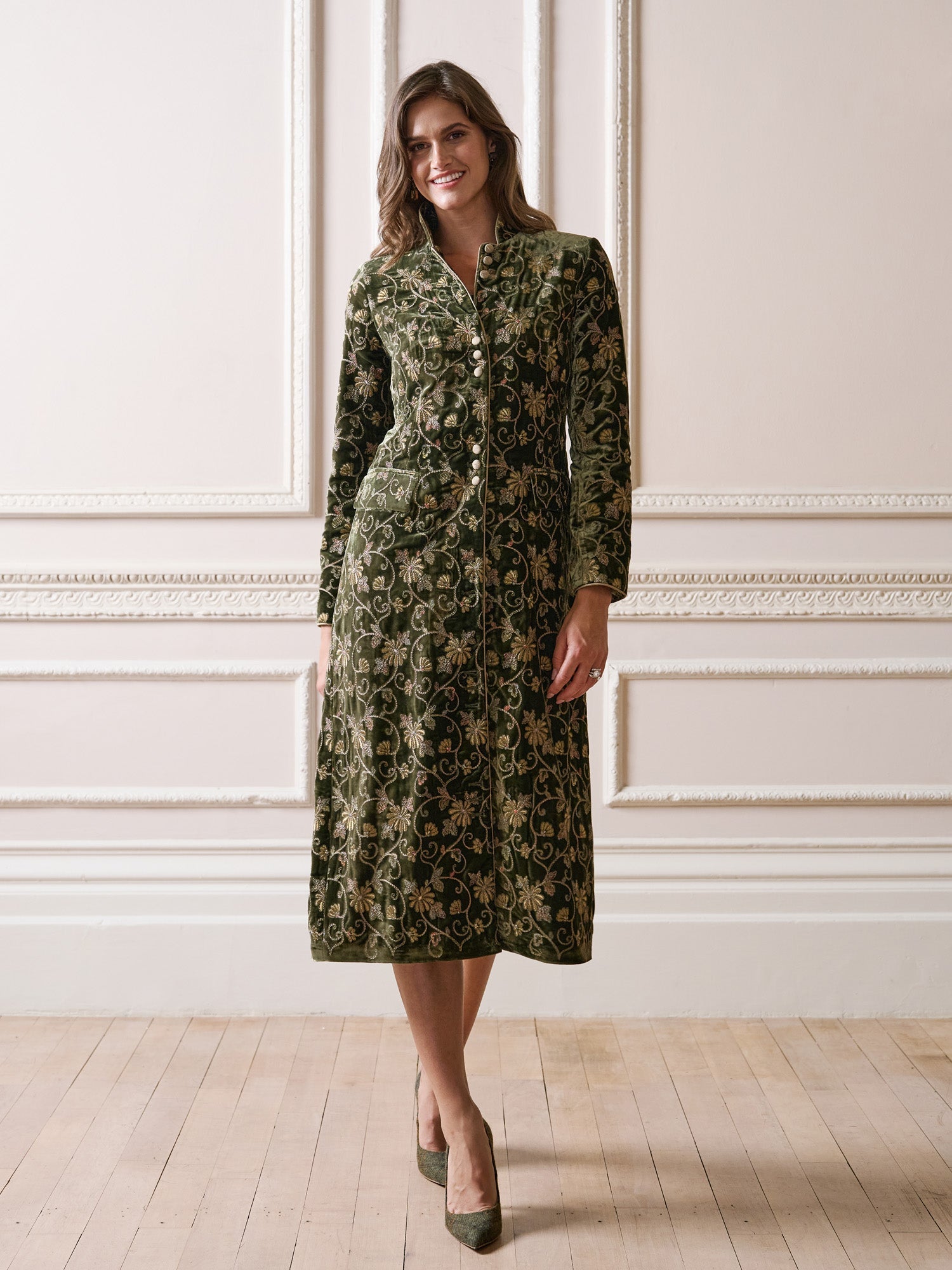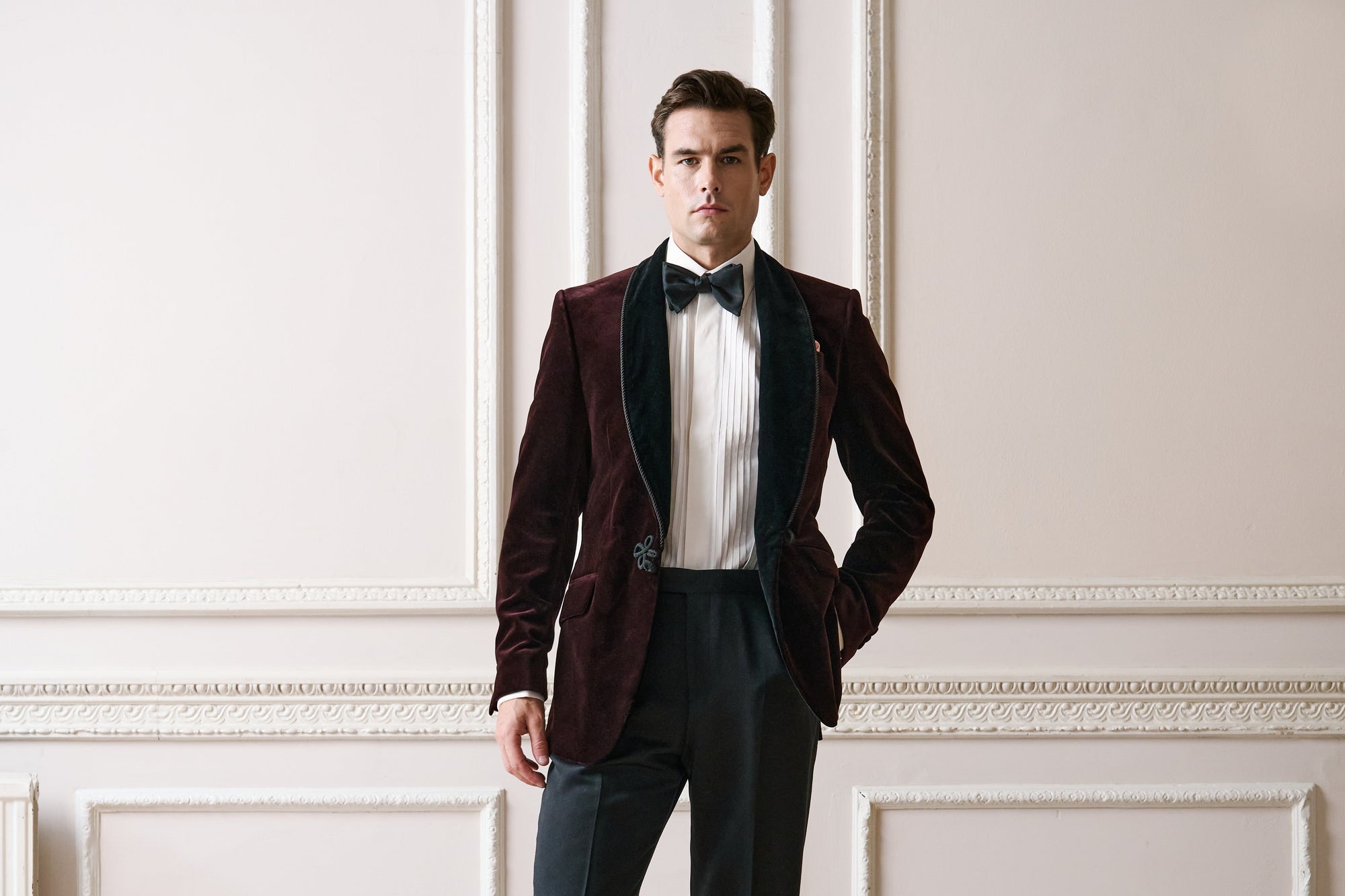Our main aim has always been to make the best garments possible in a way that is beneficial to the wearer, all those involved in making the product, and our planet. We do this by paying close attention to all of our activities throughout the company and ensuring that environmental and social performance is monitored and continuously improved. Over the years we have endeavoured to create trusting, open and transparent relationships with a network of suppliers, in order to support workers’ rights and their welfare. It is important to us that the people making our clothes are treated with dignity, respect and care. By situating our manufacturing predominantly right here in the UK, and Portugal, we avoid many of the labour issues which are prevalent in the wider supply chain of the fashion industry, such as forced labour, unfair pay arrangements and unsafe working environments. The countries in which we produce have tight legal frameworks on employment of garment workers, which in the majority of situations prevents issues faced in less regulated garment manufacturing countries. We visit our factories regularly to meet with management and workers and manage the quality of our products.

Local where possible
Despite living and operating in a world that depends on complex global supply chains, we endeavour to keep or production processes as local as possible. Season after season, the entirety of our womenswear collection and all of our men's waistcoats are made right here in London using artisans we've built fantastic relationships with over the years. This has a significant positive impact on our carbon footprint. All of our bow ties and braces are made in the UK, while our ties are handmade in Italy. Where we simply can't make here or source in the UK, we try to keep things pretty close to home nevertheless, using manufacturers in Portugal for a lot of our men's tailoring and formalwear.
Small batches, minimal wastage
If you've been a customer of ours for long, you'll know that we only produce small collections. The reasons for this are two-fold - 1) to maintain a degree of exclusivity for our customers and 2) so that we don't contribute to the enormous problem of textile dumping. Favourbrook exists in a slow fashion eco-system - we see our garments more like investments that will last and remain relevant for decades to come. We've seen many a dress, jacket and morning suit being passed on to younger generations! It's testament to our quality production and timeless aesthetic that our garments rarely leave the fashion food chain.

Charitable donations
Of the little that isn't sold from collection to collection, a small proportion we keep for our archive in the spirit of research and posterity! After time, the remaining clothes are donated to various charities.
The importance of fabrics
To create enough fabric for just one garment requires significant use of energy, water, chemicals and human-power. So, managing this to ensure energy, water and chemical input is minimised whilst human-power is cared for, is crucial to positive environmental and social performance.
Wool
Wool is one the oldest fibres used for clothing. Good quality wool keeps you warm, is comfortable and long lasting. Wool does have a moderate environmental impact if you only look at the preliminary stages of its lifecycle, such as breeding and processing. However, if the wool is of good quality, in most instances this is offset throughout the garment's lifecycle, due to reduced washing requirements and its longevity.
We endeavour to use only the highest quality wools, sourced from historic British woollen mills and long-standing knitwear factories. We even use a recycled cashmere in our premium morning coat. All of our wools are processed in Europe (prominently in the UK), meaning they adhere to strict European guidelines of chemical usage. Being a natural substance, when wool is ready to be disposed of (if of course it is no longer recyclable) it will biodegrade back into nature.

Silk
Silk plays a very important part at Favourbrook across both menswear and womenswear in the form of dresses, waistcoats and ties. We work with a small number of excellent suppliers in the UK and Como, Italy who all have very stringent processes with regards to the provenance of their fabrics. In fact, we are very proud to use a silk weaver based in Suffolk that has been operating for some 300 years!
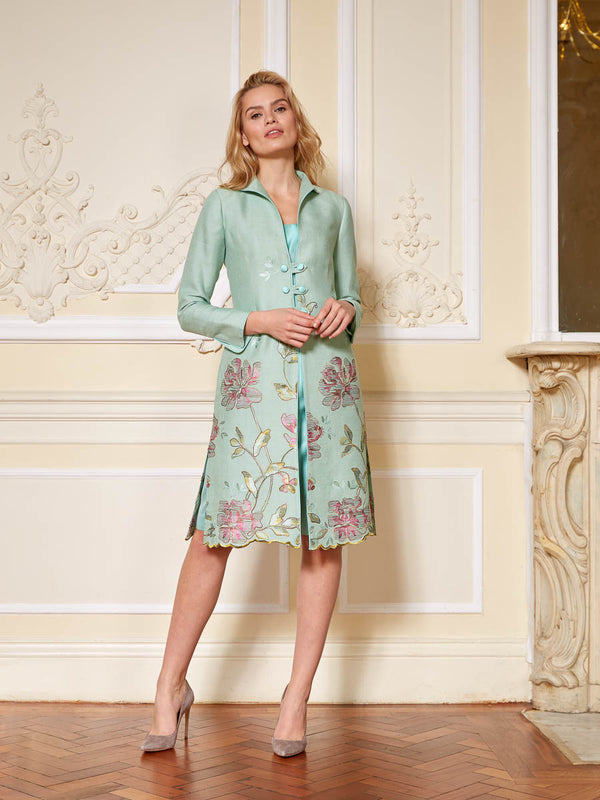
According to Goodonyou.com, "silk is spun from the long threads which make up the inner cocoon of a silkworm. The fibres are in fact saliva, produced by the worm to insulate itself until it is time to transform. The raw silk threads are harvested and then reeled together for commercial use. When done well, silk manufacturing can be a harmonious and low waste process. Silk worms keep a raw, gluten-free, dairy-free diet which consists entirely of mulberry leaves. The mulberry is a hardy tree, resistant to pollution and easy to cultivate. The tree bark has medicinal properties and the fruit can be used as a natural dye or to fill a pie. The leaves of the mulberry will feed the worms and the worms, in turn, can feed the farmers."
Linen
We source our linen cloths from a small number of producers: a very well-respected family-run supplier in Austria that has been operating for over 140 years; Irish linen weavers based in Ulster who have produced fine cloths since 1880; and an Italian family-run business that has long been based in the Mecca of European fabric production, Biella. Linen has been used for centuries and is known for its soft, breathable qualities. It has a low environmental impact due to its low water and insecticide requirements. This makes it a great option for summer clothing for practical and environmental reasons. Linen plays a key part of our spring and summer collections for these very reasons.

Quality means longevity
Quality garment construction and the use of quality fabrics have always been core values of ours, as we want to create menswear that can be enjoyed and valued for years. Aptly, a garment’s environmental footprint is strongly determined by its quality and usage. Purchasing one quality garment which can last for years, has a significantly smaller environmental impact than purchasing multiple poor quality garments over the same period of time.
Packaging and recycling
As all of our clothes require packaging to protect them in transit we end up using our fair share. We stopped using folding paper in garments in 2018, saving us 36,934kg of carbon per year! To put that into perspective a London bus emits 20kg a day on average. All of our locations offer full recycling facilities to ensure that we do our best to minimise waste and to reduce the need for virgin resources. We are able to recycle metals, plastics, glass, product packaging and we send hangers which are suitable for re-use back to our factories.
Renewable energy
Although our largest environmental and social impact occurs through our products, our second largest impact occurs through the energy we use. We have tackled this issue head-on and all of our locations are powered by renewable sources of energy such as wind turbines and tidal energy.








